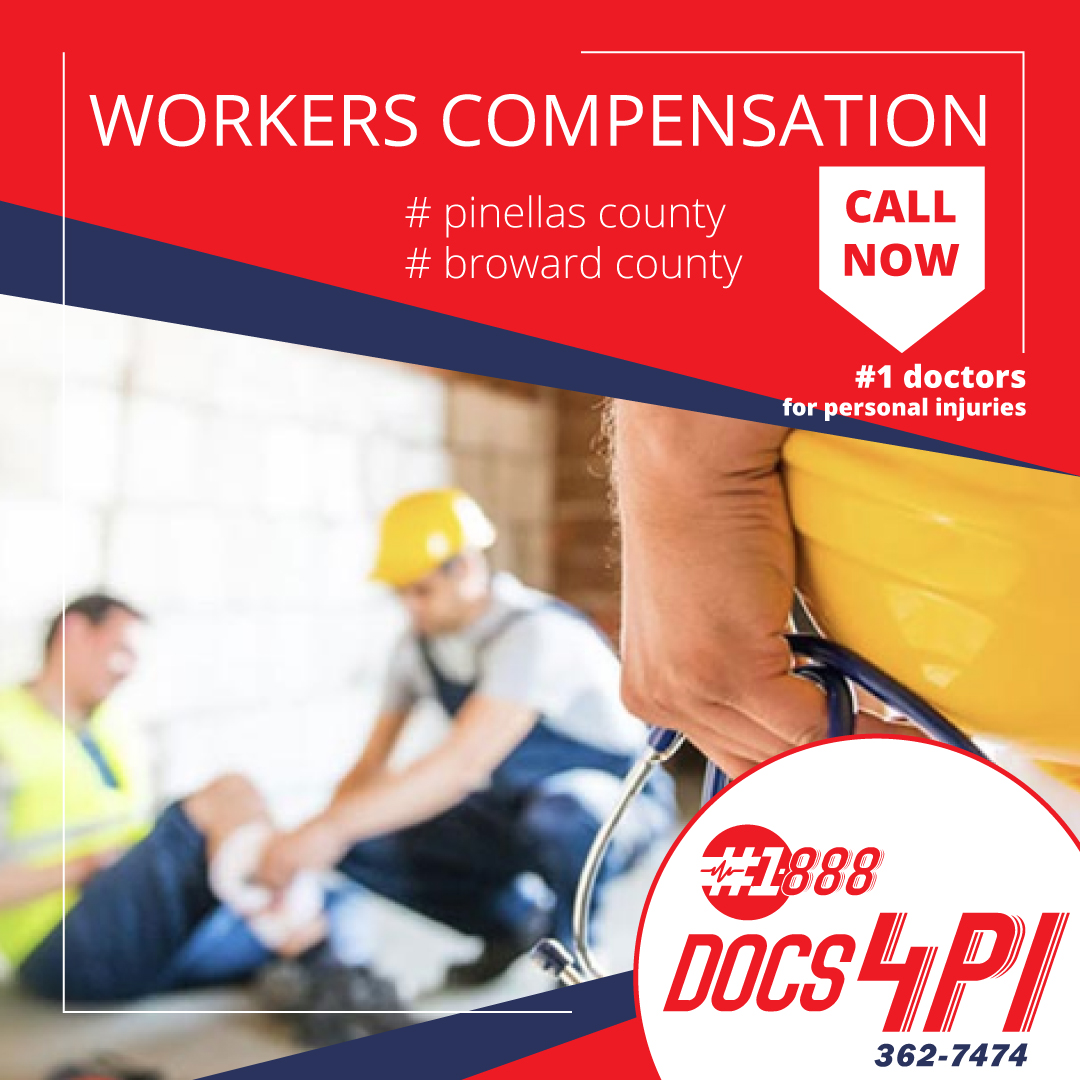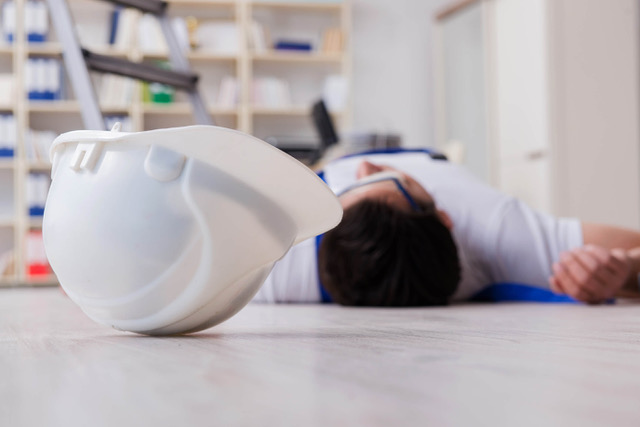
Work injuries can negatively affect your career, finances, as well as your overall health. Worker's compensation in Florida is designed to compensate you for some of your losses and assist you in returning to work as soon as possible.
Most employers in Florida must carry workers' compensation insurance, either through a private insurer or through self-insurance with state certification. Workers' compensation claims in Florida are handled by the Florida Division of Workers' Compensation (DWC). No-fault workers' compensation is the law in Florida, as it is in every other state. It is not necessary for you to show negligence on the part of your employer in order to receive benefits. You may be eligible for benefits if your injury occurred on the job or was caused by your work activities. Workers' compensation claims in Florida are often rejected, while many settlements are much lower than what an injured worker or family member truly deserves.
A workers' compensation attorney in Florida can help. Contact DOCS4PI first for medical attention if you've recently been injured at your workplace. Additionally, the doctors we work with have access to some of the best attorneys in their areas who can effectively assist you with your worker's compensation claims process.
Continue reading to learn about worker's compensation in Florida. In this article we'll cover:
Most accidents and illnesses resulting from exposure to a work environment are covered by workers' comp insurance. An employee suffering an occupational injury covered by workers' comp insurance must act immediately. There is a limited number of days within which the employee may file a claim for benefits. Injured workers should report occupational injuries to their employers right away. The insurance provider is likely to deny the benefits if a claim is filed late. Depending on the length of the delay, your carrier may think your claim is not valid as well.
Workers' compensation does not typically cover the following:
If you suffer an injury or illness on the job, your company's workers' compensation insurance can help pay for important benefits like medical care. Treatments for repetitive stress injuries and ongoing therapies, such as physical therapy, are included. If you're out of work due to an illness or injury related to your job, this coverage will assist you in replacing your lost wages. Additionally, you can use it to cover a permanent disability that prevents you from returning to work.
In Florida, the Division of Workers' Compensation assists businesses with workers' compensation programs. Their goal is to help injured workers, employers, health care providers, and insurers comply with Florida laws. They can assist with:
If you are disabled because of a work-related injury or illness, you will qualify for temporary total disability benefits under Florida workers' compensation. This coverage does not apply to the first seven days of your time off unless your injury keeps you out of work for more than 21 days. The amount of temporary total disability benefits is based on two-thirds of your average weekly income just before the accident, up to the annual maximum allowed by law. In 2020, the weekly maximum was $971.
You will be evaluated by your doctor following your medical treatment (or six weeks before your temporary total disability benefits expire if you have not yet reached the MMI stage) to determine whether you have any lasting medical conditions or lost medical function (called an "impairment") due to your injury. The doctor will assign you an impairment rating based on your ability to work, expressed as a percentage. In Florida, a formula determines how long your permanent impairment benefits will last based on this rating. The weekly benefits will be 75% of your temporary total disability amount (up to the same legal maximum), but if you're earning at least the same amount as before your injury, your benefits will be cut in half.

Your doctor will determine if you qualify for permanent total disability benefits if you cannot perform any work, even passive work. You can receive benefits up to the age of 75 (or for the rest of your life if you aren't eligible for Social Security). Those who suffer severe injuries -- such as an amputation or severe brain injury -- will automatically be considered to be permanently disabled.
The Florida workers' compensation system also provides additional benefits, such as:
In order to file a workers' compensation claim, you must notify your employer. Injury reports must generally be made within 30 days in Florida. Within 30 days of discovering a connection between your job and a condition or illness, you must inform your employer about it. In the event that you fail to notify your employer within these deadlines, some or all of your benefits may be lost.
Be as detailed as possible when notifying your employer, including:
Upon reporting an injury, your employer should have you see an occupational physician. Unless you need emergency treatment, your employer chooses your doctor. Make sure you give the doctor accurate information about your injuries and symptoms.
Your employer must notify its insurance company within seven days of receiving your notification. Contact the insurer directly if they refuse to report your injury. They will determine whether you qualify for benefits. The insurer may investigate by doing the following:
Workers' compensation benefits in Florida are either approved or denied quickly by the insurance company. Once your claim is approved, you will begin receiving disability payments and other benefits. Sadly, many workers' compensation claims are rejected by insurance companies.
The process for appealing a denied workers' compensation claim can be lengthy. Here are three steps in the process:
Each day, thousands of workers are injured on the job. In the event that you have sustained an injury, call 1-888-DOCS4PI for an evaluation. Our network of doctors has partnered with some of the top lawyers in their regions. Not only will they manage your medical care, but they have the experience to document your injuries comprehensively and will cooperate with your attorney.
If you feel you were injured in an auto accident or another accident, #1-888-DOCS4PI can put you in touch with people who can provide sound help. Our service to find qualified assistance you need is a quick three-step process.
2
Upon calling #1-888-DOCS4PI, our intake coordinator will ask you a series of basic questions about your issue and the injuries you suffered as a result. This information will help us match you up with someone who has the background that fits your situation.
3
Once we have your contact information and understand what you require, we will connect you with someone who can help you with your accident or injury. It is that easy. Simplify the process by calling #1-888-DOCS4PI and using our free 24/7 helpline.